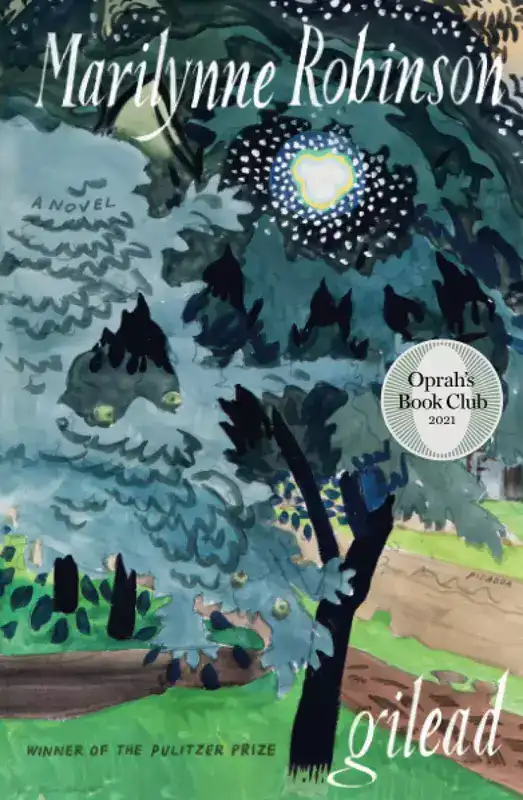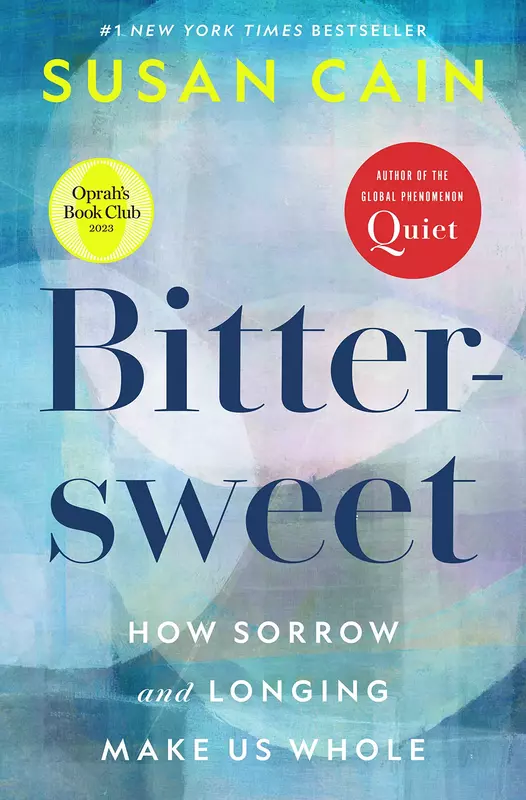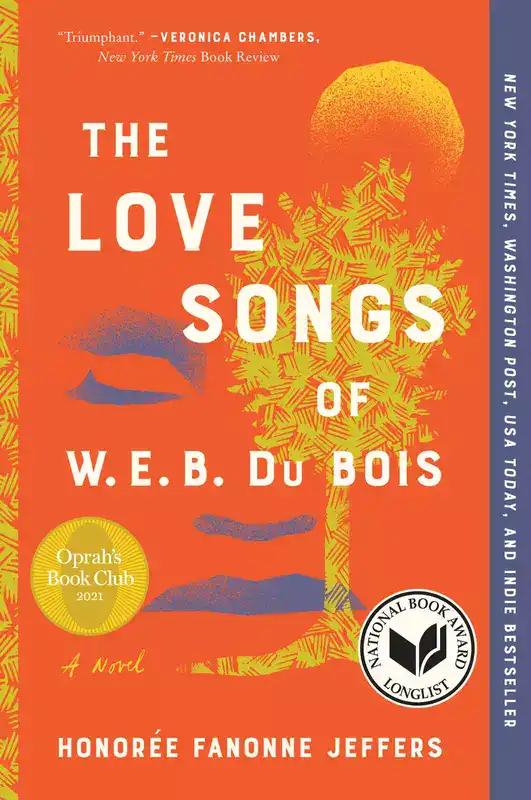This post may contain affiliate links. Read more here.
Book club questions for That Bird Has My Wings by Jarvis Jay Masters explore the profound and moving memoir of a Death Row inmate who discovers Buddhism and finds purpose amidst the darkness.
This gripping tale takes readers on a journey through Jarvis Jay Masters’ life, from his childhood with parents addicted to heroin, an abusive foster family, a life of crime and imprisonment, to his eventual embrace of Buddhism. As an Oprah’s Book Club Pick in 2022, this book has captured the attention of many, drawing acclaim for its raw honesty, soul-stirring anecdotes, and powerful message of resilience.
With vivid scenes that are at times heartwrenching and eye-opening, That Bird Has My Wings is a powerful testament to Masters’ resilience, courage, and unwavering pursuit of truth and freedom. Through his words, you’ll gain insights into the harsh realities of life on Death Row, the impact of systemic injustice, the power of forgiveness, and the transformative potential of self-discovery and self-redemption.
As you delve into the pages of That Bird Has My Wings with your book club, the discussion questions will prompt deep reflections on themes of justice, spirituality, family, redemption, and the power of literature to inspire and transform.
This reading guide will provide a rich framework for exploring Masters’ gripping story, as he navigates the challenges of life on Death Row, grapples with his own humanity, and becomes an unexpected role model for fellow inmates, guards, and a growing public.
Let the book club questions guide your discussions as you explore the depths of Masters’ journey and uncover the profound messages that lie within this powerful memoir.
I hope you will enjoy the following book club questions and reading guide for That Bird Has My Wings by Jarvis Jay Masters!✨
The Synopsis
“When I think about the fact that society, a nation, has sentenced me to death, all I can do is turn inside myself, to the place in my heart that wants so desperately to feel human, still connected to this world, as if I have a purpose.”
The moving memoir of a Death Row inmate who discovers Buddhism and becomes an inspirational role model for fellow inmates, guards, and a growing public
In 1990, while serving a sentence in San Quentin for armed robbery, Jarvis Jay Masters was implicated as an accessory in the murder of a prison guard. A 23-year-old Black man, Jarvis was sentenced to death in the gas chamber. While in the maximum security section of Death Row, using the only instrument available to him—a ball-point pen filler—Masters’s astounding memoir is a testament to the tenacity of the human spirit and the talent of a fine writer.
Offering us scenes from his life that are at times poignant, revelatory, frightening, soul-stirring, painful, funny and uplifting, That Bird Has My Wings tells the story of the author’s childhood with parents addicted to heroin, an abusive foster family, a life of crime and imprisonment, and the eventual embracing of Buddhism. Masters’s story drew the attention of luminaries in the world of American Buddhism, including Pema Chodron, who wrote a story about him for O Magazine and offers a foreword to the book.
Thirty-two years after his conviction, Masters is still on Death Row. A growing movement of people believe Masters is innocent, and are actively working within the legal system to free him.
In love with books? Try audio books or writing classes for free for 30 days.✨
About the Author
Jarvis Jay Masters is an American author, poet, and death row inmate at California’s notorious San Quentin State Prison. Born on February 24, 1962, Masters has spent decades behind bars after being incarcerated in 1981 for armed robbery. However, it was his subsequent conviction in 1990 for fashioning a weapon that was used in the 1985 murder of a prison guard at San Quentin that resulted in his sentence of execution by lethal injection.
Despite his wrongful conviction, Masters has not lost his voice or his ability to inspire others through his writing. He has authored several books, including That Bird Has My Wings: The Autobiography of an Innocent Man on Death Row and Finding Freedom: How Death Row Broke & Opened My Heart. In these poignant works, Masters shares his harrowing experiences and compelling story of being an innocent man living on death row, as well as shedding light on the systemic flaws and injustices within the criminal justice system.
Masters’ writing has gained widespread recognition and support, with Oprah Winfrey selecting That Bird Has My Wings as an Oprah’s Book Club selection in September 2022. Masters’ compelling narrative and unwavering courage in the face of adversity have also been featured in books, podcasts, and articles, drawing attention to his case and advocating for his innocence. Despite the immense challenges he has faced, Masters continues to use his words to raise awareness about social justice issues and inspire readers globally to seek truth, compassion, and reform within the criminal justice system.
Book Club Questions for That Bird Has My Wings
I hope you and your book club will enjoy my discussion reading guide for That Bird Has My Wings by Jarvis Jay Masters.✨
- In That Bird Has My Wings, Jarvis Jay Masters shares his journey from a childhood filled with trauma, including heroin-addicted parents and an abusive foster family, to finding spirituality and peace through Buddhism while on Death Row. How does Masters’s story challenge your perceptions of the foster care system and the criminal justice system? What do you think could have been done differently to support Masters and others like him?
- Masters’ foster parents provide him with a taste of a normal and nurturing home life, but his subsequent placement with an abusive foster family disrupts this stability. How does this early experience of foster care shape his later choices and actions?
- Reflect on Masters’ relationship with Fred, his best friend in juvenile detention hall who inspired him with courage and admiration despite his own physical pain and scars. How does this friendship impact Masters’ view of himself and his possibilities for change?
- Masters struggles with a yearning to be reunited with his mother and keep her safe despite the dangers he witnessed in her presence. Discuss the complexities of his relationship with his mother and how it influences his journey towards redemption.
- Masters writes about the power of spirituality and meditation in helping him transform from a “low and violent” person to a compassionate human being. How does Masters’s experience with Buddhism and meditation influence his mindset and actions while on Death Row? How do you interpret his ability to find peace and growth in such a harsh environment?
- Masters’s memoir is described as a “testament to the tenacity of the human spirit and the talent of a fine writer.” How does Masters use his writing as a form of self-expression, activism, and personal transformation? How does his writing impact the public’s perception of him and his case?
- In the book, there are references to a growing movement of people who believe that Masters is innocent and are actively working to free him. How does Masters’s case raise questions about the fairness and flaws of the criminal justice system? How does it challenge your beliefs about the death penalty and the concept of justice?
- The book also explores the themes of redemption, resilience, and self-discovery. How does Masters’s story of transformation and growth resonate with you? What lessons can be learned from his experiences in terms of overcoming adversity, taking responsibility for one’s actions, and finding purpose and meaning in life?
- Masters’s use of a ball-point pen filler as his writing instrument while on Death Row is a powerful symbol of his resourcefulness and determination to share his story. How does this detail impact your perception of Masters’s writing and his ability to convey his thoughts and emotions? What other symbols or motifs in the book stood out to you and why?
- That Bird Has My Wings has been described as a required reading for those in positions to effect positive change, such as politicians, policy makers, and administrators. Why do you think the book has been deemed important for these audiences? How do you see Masters’s story as a catalyst for discussions and actions related to foster care, criminal justice reform, and rehabilitation of inmates?
- How does Jarvis Jay Masters’ experience of writing his life story with a makeshift pen while in prison reflect the challenges he faced in his journey towards redemption?
- Discuss the role of mentorship and human connection in Masters’ life, particularly through his relationship with Melody, the private investigator who sends him books on meditation and suffering. How does this relationship impact his journey towards redemption?
- How does Masters’ involvement with the Tibetan Buddhist community while in prison help him find a sense of belonging and acceptance, despite his circumstances? How does his connection with Chagdud Tulku Rinpoche and others influence his transformation?
- In what ways does Masters’ experience of incarceration, particularly on death row, contribute to his process of self-reconstruction and healing as depicted in the book?
- How does Masters’ childhood, marked by neglect, abuse, and separation from his siblings, shape his later experiences and actions as described in the book? How does he cope with the challenges he faces?
- Masters’ story is not solely about guilt or innocence, but about the possibility of redemption. How does his journey towards redemption, as depicted in the book, challenge conventional notions of guilt, innocence, punishment, and forgiveness?
- Masters’ story involves a struggle for survival in a dangerous and deprived prison environment. Discuss the impact of the prison culture, including the duality of the prison warrior and prison monk, on his journey towards redemption.
- The book raises questions about the role of love, acceptance, and positive regard in a person’s life. How do Masters’s experiences with foster families, peers, and spiritual practice highlight the importance of supportive relationships and a sense of belonging? How do you see these factors influencing his transformation and growth throughout the book?
- Masters’s story is described as both tough and beautifully written. How does the writing style, tone, and language used by Masters contribute to the impact and effectiveness of his memoir? How does his ability to convey his emotions and reflections through his writing make his story more relatable and powerful to readers?
- Reflecting on Jarvis Jay Masters’s journey as shared in That Bird Has My Wings, what emotions did you experience while reading the book? How did his story affect your perspective on life, spirituality, and the criminal justice system? What questions or thoughts lingered with you after finishing the book?
Selected Reviews for That Bird Has My Wings
“A gripping indictment of poverty and the foster-care system.” — Kirkus Reviews
Forthright about his own failings, Masters’ truth has brought him reconciliation with his best self. His compelling memoir is a plea for reform, for a common humanity, and I share his hope that this moving story will redouble our efforts to make sure that every child matters. — Desmond Tutu
“In this polished tale that belies the author’s raw origins, Masters, who has been imprisoned on San Quentin’s death row since 1990 . . . recalls the neglect, abuse and cycle of crime and hopelessness that relegated him to prison by age 19.” — Publishers Weekly
“That Bird Has My Wings is a powerful narrative of a life lost on the streets, and then found again in a prison cell on San Quentin’s death row. This is not a book about guilt or innocence, but about the possibility of redemption.” — Lion’s Roar
Additional Recommendations
Hope you enjoyed my book club discussion questions and reading guide for That Bird Has My Wings by Jarvis Jay Masters!
Here are some more of my book club recommendations:
Gilead by Marilynne Robinson
Winner of the Pulitzer Prize and National Book Critics Circle Award, GILEAD is a hymn of praise and lamentation to the God-haunted existence that Reverend Ames loves passionately, and from which he will soon part.
In 1956, toward the end of Reverend John Ames’s life, he begins a letter to his young son, an account of himself and his forebears. Ames is the son of an Iowan preacher and the grandson of a minister who, as a young man in Maine, saw a vision of Christ bound in chains and came west to Kansas to fight for abolition: He “preached men into the Civil War,” then, at age fifty, became a chaplain in the Union Army, losing his right eye in battle.
Reverend Ames writes to his son about the tension between his father–an ardent pacifist–and his grandfather, whose pistol and bloody shirts, concealed in an army blanket, may be relics from the fight between the abolitionists and those settlers who wanted to vote Kansas into the union as a slave state. And he tells a story of the sacred bonds between fathers and sons, which are tested in his tender and strained relationship with his namesake, John Ames Boughton, his best friend’s wayward son.
This is also the tale of another remarkable vision–not a corporeal vision of God but the vision of life as a wondrously strange creation. It tells how wisdom was forged in Ames’s soul during his solitary life, and how history lives through generations, pervasively present even when betrayed and forgotten.
Bittersweet by Susan Cain
Bittersweetness is a tendency to states of longing, poignancy, and sorrow; an acute awareness of passing time; and a curiously piercing joy at the beauty of the world. It recognizes that light and dark, birth and death—bitter and sweet—are forever paired.
If you’ve ever wondered why you like sad music . . .
If you find comfort or inspiration in a rainy day . . .
If you react intensely to music, art, nature, and beauty . . .
Then you probably identify with the bittersweet state of mind.
With Quiet, Susan Cain urged our society to cultivate space for the undervalued, indispensable introverts among us, thereby revealing an untapped power hidden in plain sight. Now she employs the same mix of research, storytelling, and memoir to explore why we experience sorrow and longing, and how embracing the bittersweetness at the heart of life is the true path to creativity, connection, and transcendence.
Cain shows how a bittersweet state of mind is the quiet force that helps us transcend our personal and collective pain, whether from a death or breakup, addiction or illness. If we don’t acknowledge our own heartache, she says, we can end up inflicting it on others via abuse, domination, or neglect. But if we realize that all humans know—or will know—loss and suffering, we can turn toward one another.
At a time of profound discord and personal anxiety, Bittersweet brings us together in deep and unexpected ways.
The Love Songs of W.E.B. Du Bois by Honoree Fanonne Jeffers
The NAACP Image Award-winning poet makes her fiction debut with this magisterial epic—an intimate yet sweeping novel with all the luminescence and force of Homegoing; Sing, Unburied, Sing; and The Water Dancer—that chronicles the journey of one American family, from the centuries of the colonial slave trade through the Civil War to our own tumultuous era.
The great scholar, W. E. B. Du Bois, once wrote about the Problem of race in America, and what he called “Double Consciousness,” a sensitivity that every African American possesses in order to survive. Since childhood, Ailey Pearl Garfield has understood Du Bois’s words all too well. Bearing the names of two formidable Black Americans—the revered choreographer Alvin Ailey and her great grandmother Pearl, the descendant of enslaved Georgians and tenant farmers—Ailey carries Du Bois’s Problem on her shoulders.
Ailey is reared in the north in the City but spends summers in the small Georgia town of Chicasetta, where her mother’s family has lived since their ancestors arrived from Africa in bondage. From an early age, Ailey fights a battle for belonging that’s made all the more difficult by a hovering trauma, as well as the whispers of women—her mother, Belle, her sister, Lydia, and a maternal line reaching back two centuries—that urge Ailey to succeed in their stead.
To come to terms with her own identity, Ailey embarks on a journey through her family’s past, uncovering the shocking tales of generations of ancestors—Indigenous, Black, and white—in the deep South. In doing so Ailey must learn to embrace her full heritage, a legacy of oppression and resistance, bondage and independence, cruelty and resilience that is the story—and the song—of America itself.
Thank you for reading my book club discussion questions and as always, happy reading! ❤️


